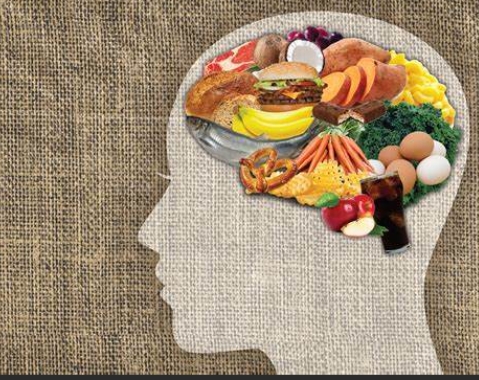Eating a balanced diet is one of the best ways to ensure long-term health and wellness. When we focus on nourishing our bodies with the right combination of nutrients, we can improve our energy levels, support our immune system, and feel more mentally clear and focused. A well-rounded diet doesn’t have to be complicated; it’s about understanding which foods help fuel your body and maintaining variety. Here are some simple tips for building a balanced diet that supports overall health.
The first step to creating a balanced diet is understanding the importance of macronutrients—carbohydrates, proteins, and fats. These macronutrients serve as the building blocks for energy and essential bodily functions, so it’s crucial to include all three in your meals. When choosing your foods, aim for a balance that prioritizes whole, unprocessed foods. Whole grains, lean proteins, healthy fats, and an abundance of fruits and vegetables should be included in every meal.
Carbohydrates are often misunderstood but are an essential part of a balanced diet. They are the body’s primary energy source and provide glucose to fuel the brain, muscles, and other organs. The key is to focus on complex carbohydrates, which are rich in fiber and take longer to digest, providing sustained energy throughout the day. Foods like brown rice, oats, quinoa, and sweet potatoes are great examples of complex carbs. These foods also provide important vitamins and minerals, helping to keep your digestive system healthy and supporting stable blood sugar levels.
Proteins are necessary for the repair and growth of tissues, as well as for building muscle and producing enzymes and hormones. Aim to include a variety of protein sources in your diet, both animal-based and plant-based. Lean meats like chicken, turkey, and fish are great options, but don’t forget about plant-based proteins like beans, lentils, tofu, and quinoa. Protein-rich foods also contain essential amino acids that support immune function and help your body fight off infections.
Healthy fats are vital for supporting brain health, hormone regulation, and cell function. Unsaturated fats, such as those found in avocados, olive oil, nuts, and fatty fish like salmon and mackerel, are excellent choices. These fats are rich in omega-3 fatty acids, which have been shown to reduce inflammation and promote heart health. Including healthy fats in your diet can also help you feel satisfied and prevent overeating by providing satiety after meals.
While macronutrients are the foundation of a balanced diet, it’s equally important to focus on micronutrients—the vitamins and minerals that our bodies need in smaller amounts but are essential for optimal health. Fruits and vegetables are the richest sources of micronutrients, so aim to include a wide variety of colors on your plate. Brightly colored produce, such as berries, oranges, tomatoes, and leafy greens, are packed with essential vitamins like vitamin C, vitamin A, and folate, which help protect against chronic diseases and boost immune function.
In addition to fruits and vegetables, whole grains are a critical part of a balanced diet. Whole grains, such as oats, barley, and quinoa, are not only rich in fiber, which aids digestion, but they also contain important minerals like magnesium and selenium. These minerals support everything from bone health to immune function. Whole grains are also a great source of B vitamins, which help maintain energy levels and support brain health.
Hydration is another key component of a balanced diet. Water is necessary for nearly every bodily function, from digestion to temperature regulation. Drinking enough water throughout the day supports nutrient absorption, helps detoxify your body, and keeps your energy levels up. While the standard recommendation is eight 8-ounce glasses of water a day, individual needs vary depending on activity level, climate, and personal health. Other hydrating options, such as herbal teas or water infused with fruits and herbs, can also contribute to your daily fluid intake.
A balanced diet is not just about what you eat but also how you eat. Mindful eating is an important practice that involves paying attention to how your food looks, smells, and tastes. Eating mindfully can help you better recognize hunger and fullness cues, allowing you to avoid overeating and enjoy your meals more. Slowing down and focusing on the sensory experience of eating can improve digestion and help you make healthier food choices.
Lastly, moderation is key. It’s important to maintain balance and not restrict yourself from occasional treats. Eating for long-term health doesn’t mean completely eliminating foods you enjoy; it’s about making healthy choices most of the time and finding room for indulgences in a balanced way. A flexible approach to eating will help you maintain a positive relationship with food and ensure that your diet remains sustainable over time.
By focusing on whole foods and building a diet that includes the right balance of macronutrients, micronutrients, and hydration, you can fuel your body for better health and wellness. A balanced diet supports not only physical health but mental and emotional well-being as well. Make small changes to improve your eating habits, and you’ll be on the path to a healthier, happier life.





